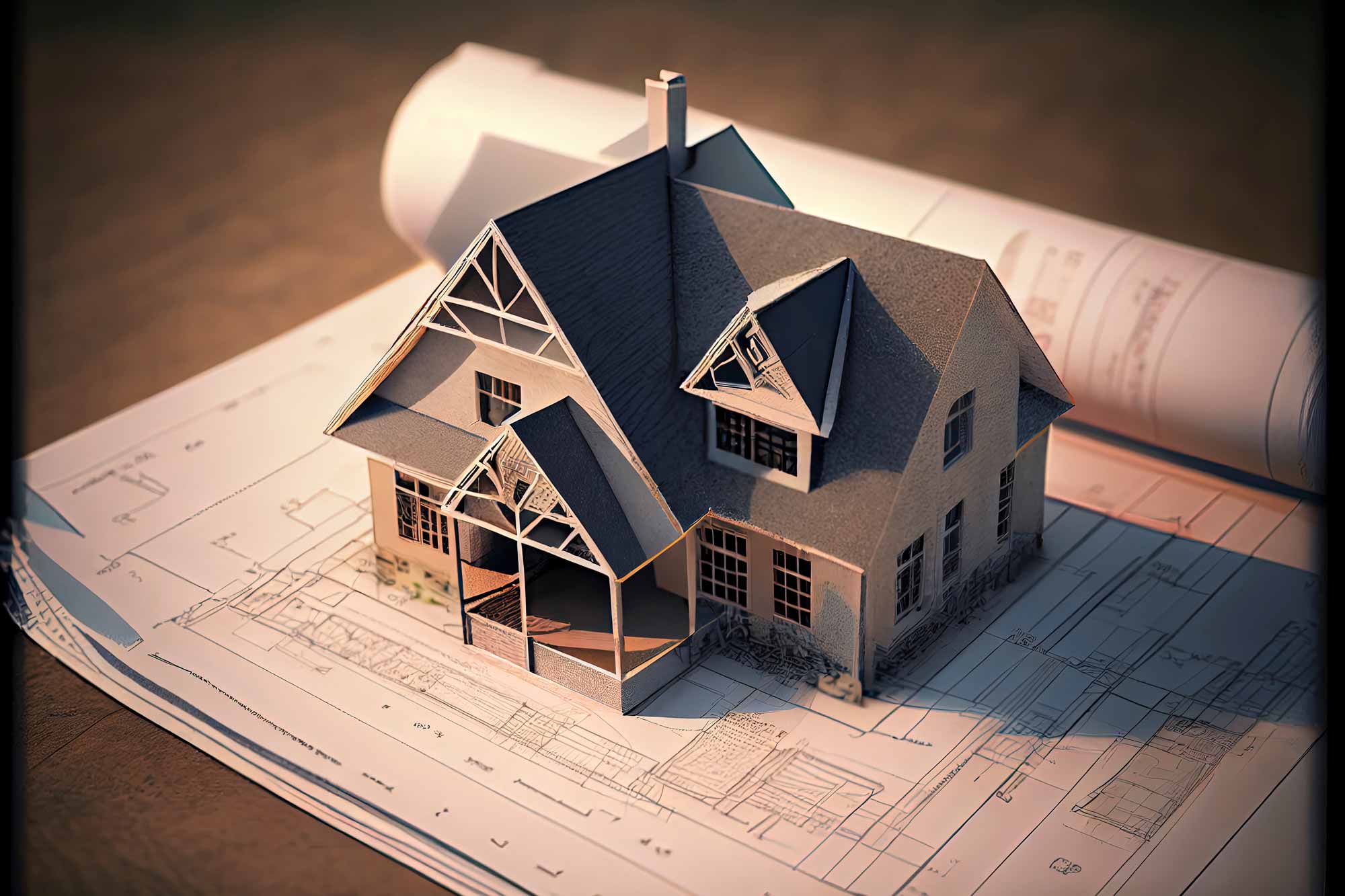Building & Construction Law
Building legislation is constantly changing. To be compliant and competitive in a challenging environment, developers and builders must be familiar with a range of laws, regulations, codes, and standards.
Likewise, homeowners should understand their rights and obligations when entering an agreement to build or renovate property. They should carry out the necessary due diligence and have written contracts reviewed by a legal professional.
Building contracts
Whether commercial or domestic, many building issues and disputes arise from poorly drafted building agreements, or problems associated with contract administration or project management.
Good processes and well-drafted contracts that clearly define the scope of works, set out the parties’ rights and responsibilities, allocate risk, and outline processes to address the many contingencies prevalent within the building industry are essential to minimise legal risk and financial loss.

Building disputes
A disagreement can soon escalate into a major building dispute resulting in delays, frustration and loss. In such cases, it is important to understand your legal position to achieve the most viable resolution possible.
Many disputes can be resolved using alternative forms of dispute resolution such as mediation. Mediation involves a neutral person meeting face to face with the parties to a dispute and assisting them to reach a resolution. It is an alternative to expensive litigation and can be used even for complex and technical building matters.
Domestic building disputes typically concern claims for incomplete or defective works, variations to the scope of works, prime cost items, delays and payment claims.
Payment disputes between principal builders and subcontractors are largely governed by the relevant state security of payments legislation. These laws aim to resolve payment disputes for construction work in an efficient and cost-effective manner and have undergone reform over the past. As such, it is important that industry participants are familiar with the way these laws operate and the relevant processes for making and responding to a payment claim.
Property development and subdivision
A development project can range from a simple subdivision of a parcel of land into two lots, to a large mixed strata and commercial development.
Development and planning laws are complex and technical with a range of legal and policy considerations relevant. Parties involved in a development project, often as a joint venture, will contribute their knowledge, skills and resources to carry out the project. All parties (landowners, builders, developers, consultants) should understand the legal structure used for the undertaking and its implications, and be advised specifically on matters such as the allocation of risk, warranties and indemnities, and any stamp duty, GST, capital gains or other taxation matters.
Our lawyers can assist with a range of building and construction law matters, providing timely advice that is tailored to your individual circumstances and that minimises financial and legal risk wherever possible.

If you need any assistance contact one of our lawyers at general@thurlowfisher.com.au or call (02) 9708 2222 for a no-obligation discussion and for expert legal advice.